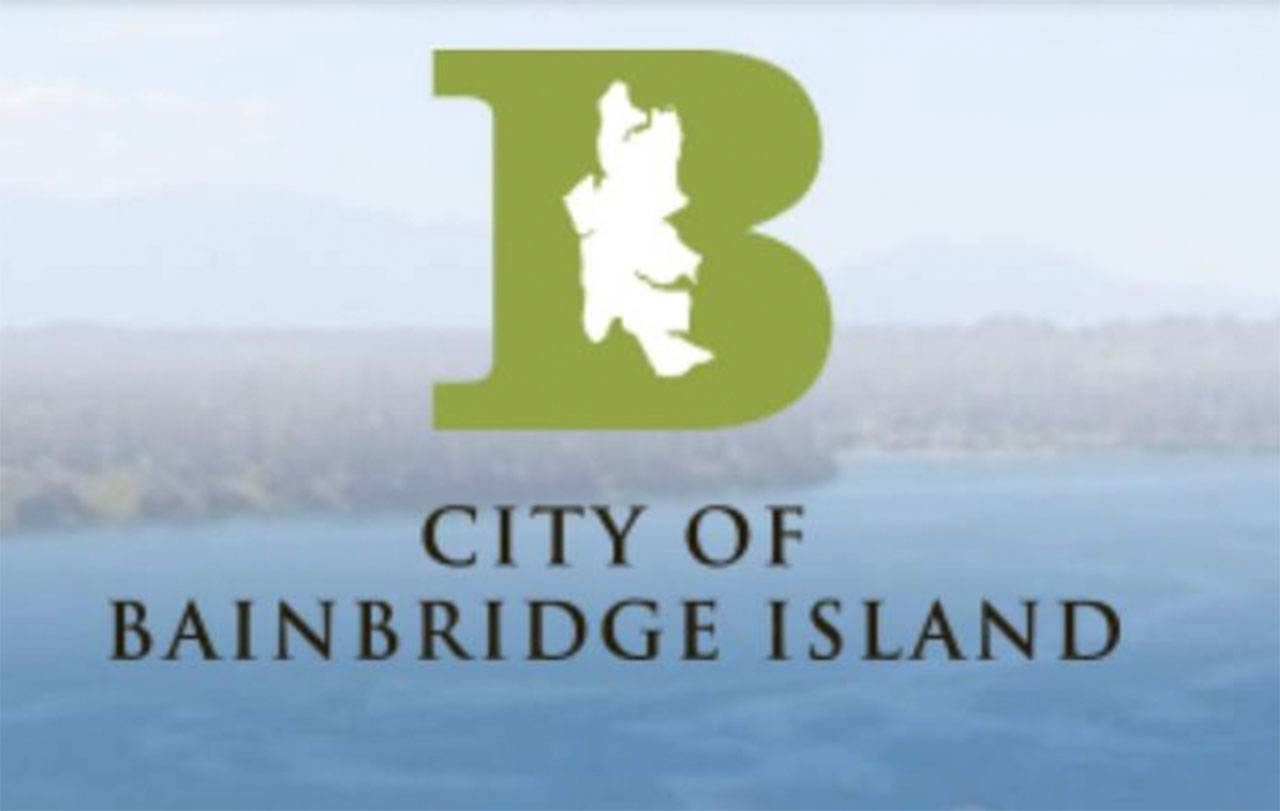Small businesses have been hit hard by closures due to COVID-19.
On Bainbridge Island, many businesses have closed (at least seven downtown stores as of July 9), never to return. It is highly probable that more businesses will close, laying off staff and reducing services to residents.
The Bainbridge Island City Council wants to help.
At its online meeting Tuesday night, the council decided to use some Coronavirus Aid, Relief and Economic Security funding to do just that. The city has been awarded $735,600 in CARES funding.
Deputy Mayor Joe Deets was part of the team that worked on the local economic recovery plan that would “help stem the immediate crisis.” The team came up with a number of options on how to spend the money, including grants that would “favor historically marginalized people,” he said.
Councilmember Kirsten Hytopoulos said “a lot are really struggling,” and action needs to be taken quickly.
Later she added: “I’d like to get money in the hands of businesses. Get the money out working for the community.”
Deets said he is excited about the option of getting more businesses to switch to online sales. That not only has helped some businesses get through the crisis, “some have done better under COVID” with that tactic. “They are set up for long-term survival,” he said.
Councilmember Rasham Nassar said she likes the idea of the grants, but wonders what criteria will be used.
Mayor Leslie Schneider pitched the idea that no matter what the city does residents could set up recurring donations, however small, to help any given store. “You, too, can help a business,” she said of the public.
When it was mentioned that CARES funds must be spent within 60 days, City Manager Morgan Smith said the city could accept money for qualifying projects then fund these other projects later to allow more time for decisions to be made.
The council agreed, but did decide to spend not more than $20,000 for the ongoing “Save Our Stores” campaign. Other ideas included a business needs survey, improving internet access and improving parking.
The economic impact from the pandemic has led to an unemployment rate in Kitsap County that jumped from 4.2 percent in March to 14.1 percent in April. Most of the affected businesses have less than 10 employees.
Meanwhile, Finance Director Ellen Schroer gave an update on the city budget, specifically how COVID-19 has affected it. Losses are at $4.5 million, but by keeping some city positions open and taking other cost-cutting measures the budget is just $900,000 in the red, which is better than what was forecasted.
Deets said he was surprised about the amount of retail sales taxes coming in considering so many businesses are closed, but income from online orders has helped there.
The council also talked about the hunt for a new city manager. Deets said because of the coronavirus the city can’t have a community meeting so outreach needs to be done differently. A brochure, advertising, project web page and the public sending comments to the city clerk were mentioned as options.
Nassar said getting public involvement early will help build trust in the process. “Equity and inclusion are key,” she said.
Planning Director Heather Wright and Paul Ingram of the Puget Sound Regional Council led a discussion on growth mandated by the state’s Vision 2050 plan.
The debate centered around whether to expand the growth area around Winslow. The general feeling among the council was to keep growth where it is as it already qualfies for federal funding, which would be the major reason for a change.
In 2020, PSRC approved $270 million in transportation funding annually. Local projects that received funding include: $702,945 toward Sportsman Club and New Brooklyn intersection improvements, $1.4 million toward Madison Avenue sidewalk improvements, $224,000 toward High School Road safety improvements and $1.6 million for the first mile of “Sound to Olympics Trail.”
Other council actions
• Agreed to formalize a standing advisory committee and approve the work plan for the city’s Race Equity Task Force Aug. 11.
• Agreed to separate into different tracks complaints related to Code of Conduct and Code of Ethics. The council will also annually review the progam.
Public comments
• Greg Dronkert asked the council to support the coronavirus economic recovery plan. He said his businesses was hit hard, but with changes it has added four employees. Kevin Dwyer of the chamber agreed. “It’s time to save businesses,” he said, encouraging the council to move quickly. Sal DeRosalia asked the council to be careful about which businesses get money.
•Ashley Mathews said racial inequity is real on the island, and the council should work hard to make a difference. Deanna Martinez agreed. “Please listen to the task force,” she said, to which Mayor Schneider responded, “I’m open to being taught.”
• Ron Peltier asked that the council do a better job in picking a new city manager (not meaning Smith). “Leave no stone unturned,” he said.
•Mike Suraci asked Councilmember Michael Pollock to resign over his behavior at previous meetings. Other callers asked all of the council to be more professional at public meetings with less mudslinging.



